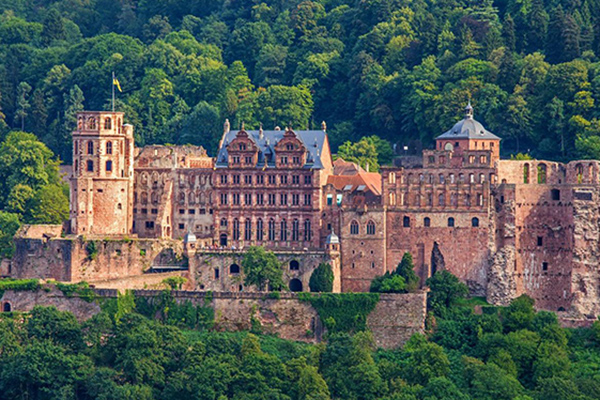Travel/Visa
About Visa:
1. Visitors from non-EU (European Union) countries may require a visa. Visa applications may take up to several months in case of complications. In that case, you should apply immediately to a German consulate or embassy in your country of residence to avoid possible delays and other inconveniences.
For more detailed information please see the official website of the Visa regulations - Federal Foreign Office or contact the German embassy of your country of residence.
2. The organizer will provide an official invitation letter for visa application only after request. In case of need, please provide the following information:
Full name; Affiliation; Gender; Nationality; Date of birth (day, month, year); Passport number.
3. Disclaimer: The organizer committee is not authorized or obligated to assist the delegates during the visa application process. All expenses incurred in relation to the conference are the sole responsibility of the delegate. The Letter of Invitation does not guarantee an entry visa to Germany.
Heidelberg
The beautiful Heidelberg is an ancient cultural city and university town on the Neckar River, located about 80 kilometers to the south. It is a microcosm of romantic Germany, with winding and quiet alleys connecting the ancient castle and the river, full of poetic and picturesque scenery. On the throne mountain on the Neckar River by the castle fence is an ancient red coconut castle, which was the site of the ancient imperial palace. It is mainly built of Neckar River sandstone, with a complex structure and varied styles. Heidelberg University was founded in 1386. As early as the 16th century, Heidelberg University became the center of European science and culture. Today, Heidelberg's reputation remains the same as it was back then. Since 1/5 of the city's population is students, Heidelberg is the city with the youngest average age in Germany. There, you can dine at the "Knight's House" or take a stroll on the "Creative Trail".

